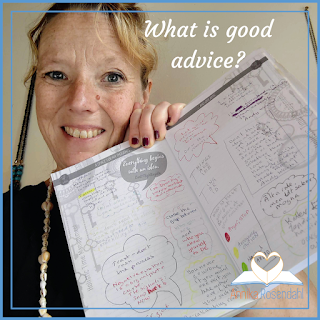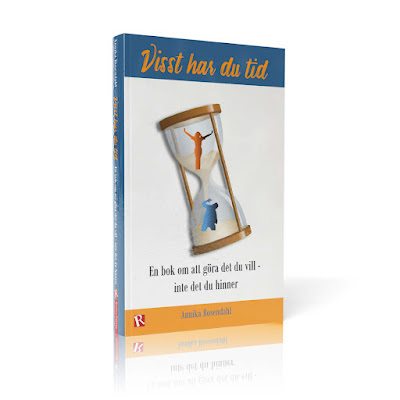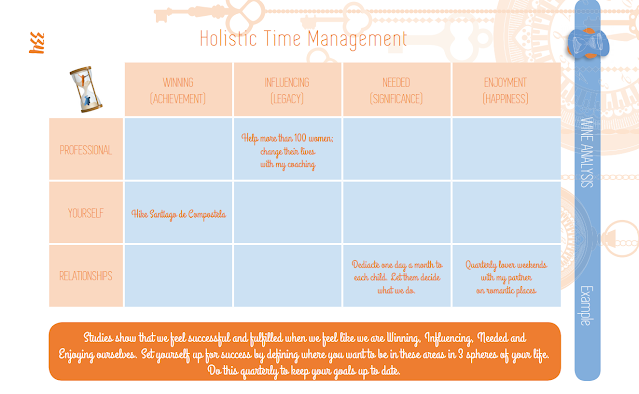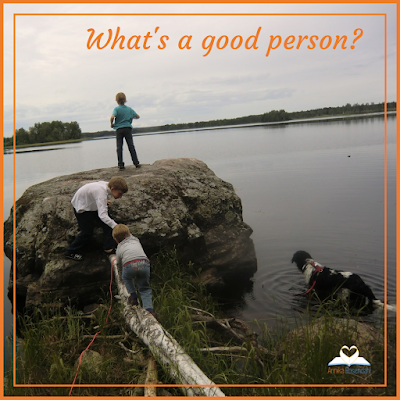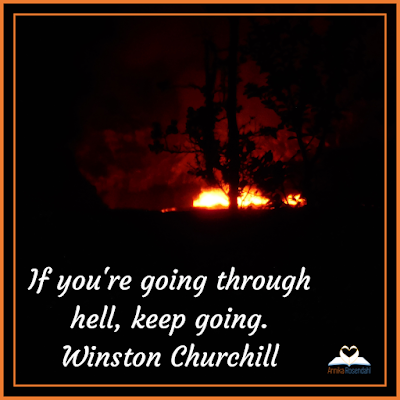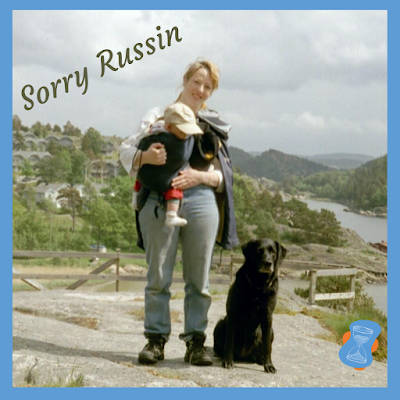When I set out to write and share these blog posts, I didn't really know what to expect, but I have enjoyed the reflection and clarity it has given me. I hope you have enjoyed your own journey as you have followed me through these questions.
We have come to the final question. What will your final blessing be?
To answer this, imagine that you can attend your own funeral and whisper a final blessing to your loved ones. What will you say to them?
Here are a few examples from the book:
Be kind to each other, take care of each other, and never forget how important your family is to your life.
Please take care of my wife. I can’t be there for her now - so I beg you to grant her comfort and respect the fullness of your love. Please be blessings to each other, celebrate with each other, stay close to each other.
Find work you enjoy well enough and perform it with integrity. Dance, sing, and swim with abandon - especially in foreign waters. Travel to expand your heart and understanding of others. Listen to live music. Let loose sometimes.
As soon as I understood the task - to imagine what I would say to my loved ones if I could speak to them at my funeral - I thought of the beautiful poem I first heard in the TV series After Life: Immortality.
That poem is what I would like to whisper into the ears of my loved ones at my funeral.
You can watch and listen to "Lisa's poem" from After Life here.
Then I would add:



